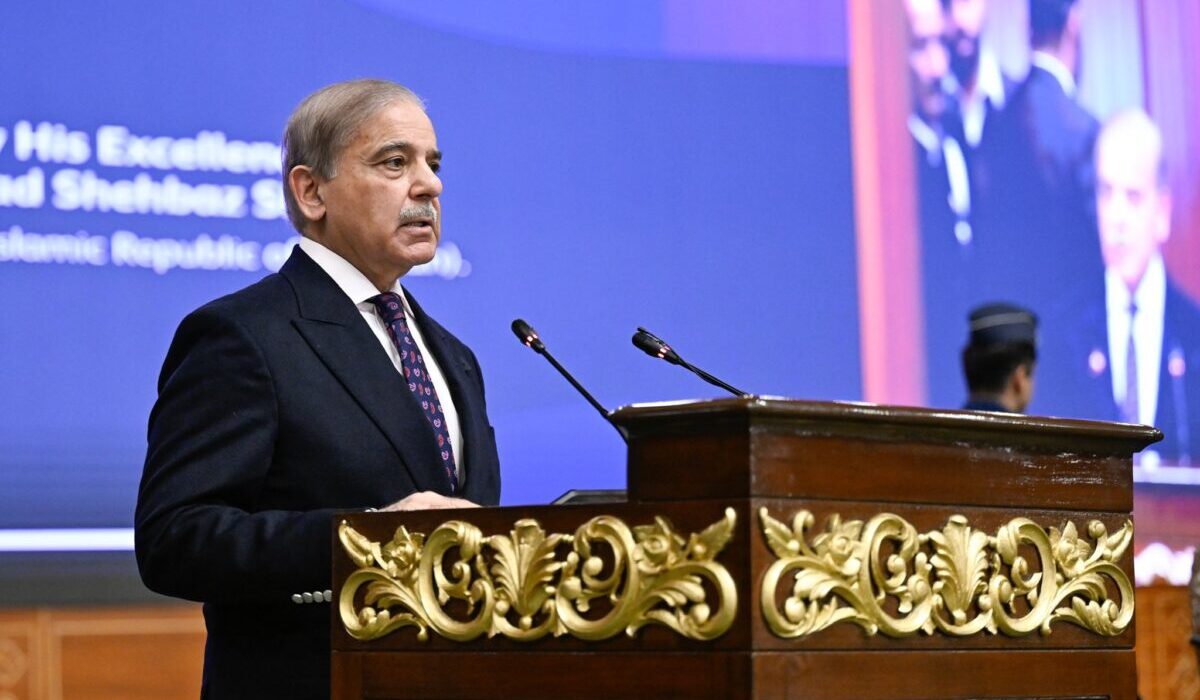ISLAMABAD, Pakistan — Pakistan’s Prime Minister Shehbaz Sharif reaffirmed his country’s commitment to promoting girls’ education and gender equality, calling for “equitable access” to education for girls during the two-day conference of Muslim nations in Islamabad.
The event, titled “Girls’ Education in Muslim Communities: Challenges and Opportunities,” has drawn more than 150 international dignitaries, including ministers, ambassadors, scholars, and representatives from 44 Muslim-majority and friendly countries. Global organizations such as UNESCO, UNICEF, and the World Bank are also participating.
Sharif described girls’ education as a fundamental right and a cornerstone of societal progress. “Denying education to girls is tantamount to denying their voices or their choice, while depriving them of their right to a bright future,” he said.
He highlighted the disparities in education access across Pakistan, where women make up more than half of the population, yet the female literacy rate lags at 49 percent. “Alarmingly, around 22.8 million children between the ages of 5 and 16 are out of school, with a disproportionate number being girls,” he said.
Shehbaz acknowledged the challenges facing the Muslim world, including Pakistan, in achieving equitable access to education for girls, but also emphasized the importance of addressing these issues to secure a better future.
Islamabad Declaration
The conference is set to conclude with the signing of the Islamabad Declaration, a document outlining a shared commitment by Muslim-majority nations to empower girls through education. The declaration is expected to emphasize collaboration and innovative strategies to overcome barriers to education in Muslim communities.





